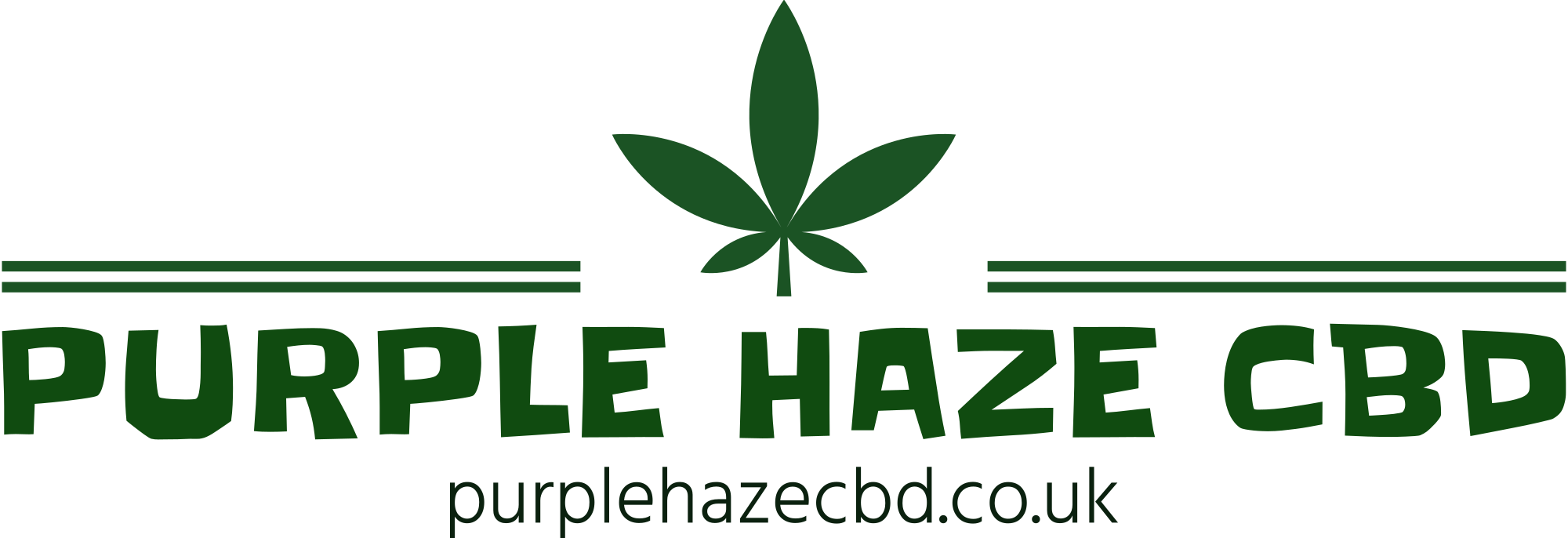Potential Therapeutic Effects
Cannabis, particularly its psychoactive component tetrahydrocannabinol (THC), has garnered significant attention for its potential therapeutic effects. From alleviating chronic pain and reducing nausea to potentially mitigating symptoms of anxiety and depression, the burgeoning field of cannabis research continues to explore the diverse ways in which THC may benefit human health.
Pain Relief
One of the most widely studied potential benefits of THC is its ability to provide pain relief. THC interacts with the body’s endocannabinoid system, which plays a role in regulating pain perception. By binding to cannabinoid receptors, THC can modulate pain signals transmitted to the brain, potentially reducing both acute and chronic pain. Studies have shown promising results for THC in managing pain associated with conditions like arthritis, multiple sclerosis, and nerve damage.
Nausea and Vomiting Reduction
THC’s potential to reduce nausea and vomiting is another area of significant research interest. This effect is particularly relevant for individuals undergoing chemotherapy, where these side effects can be debilitating. THC has been shown to effectively suppress the vomiting reflex by acting on the chemoreceptor trigger zone in the brain, which is responsible for triggering nausea and vomiting.
Muscle Spasms Management
Muscle spasms are involuntary muscle contractions that can be painful and debilitating. THC may offer potential relief from muscle spasms due to its interaction with the endocannabinoid system. This system regulates various bodily functions, including muscle tone and movement. By modulating the activity of cannabinoid receptors in the nervous system, THC could help relax muscles and reduce the frequency and severity of spasms.
Mental Health Benefits
Cannabis-infused beverages containing THC are gaining popularity as a potential alternative for managing various health concerns. While research is ongoing, preliminary findings suggest that THC may offer several therapeutic benefits, ranging from pain relief to mood regulation.
Anxiety and Depression Alleviation
The impact of THC on mental health is complex and multifaceted. While some individuals report feeling relaxed and euphoric after consuming THC, others may experience heightened anxiety or paranoia. This variability in response likely stems from a combination of factors, including individual differences in brain chemistry, dosage, consumption method, and the presence of other cannabinoids in cannabis.
Research suggests that THC may have anxiolytic (anxiety-reducing) effects in some individuals, particularly those with social anxiety or PTSD. This is thought to be mediated by THC’s interaction with serotonin receptors in the brain, which are involved in regulating mood and emotions. However, it’s crucial to note that high doses of THC can exacerbate anxiety symptoms in susceptible individuals.
Regarding depression, evidence for THC’s therapeutic effects is mixed. Some studies have shown short-term improvements in mood after THC consumption, while others have found no significant effects or even potential worsening of depressive symptoms. More research is needed to fully understand the complex interplay between THC and depression.

Stress Management
The impact of THC on mental health is complex and multifaceted. While some individuals report feeling relaxed and euphoric after consuming THC, others may experience heightened anxiety or paranoia. This variability in response likely stems from a combination of factors, including individual differences in brain chemistry, dosage, consumption method, and the presence of other cannabinoids in cannabis.
- Research suggests that THC may have anxiolytic (anxiety-reducing) effects in some individuals, particularly those with social anxiety or PTSD. This is thought to be mediated by THC’s interaction with serotonin receptors in the brain, which are involved in regulating mood and emotions. However, it’s crucial to note that high doses of THC can exacerbate anxiety symptoms in susceptible individuals.
- Regarding depression, evidence for THC’s therapeutic effects is mixed. Some studies have shown short-term improvements in mood after THC consumption, while others have found no significant effects or even potential worsening of depressive symptoms. More research is needed to fully understand the complex interplay between THC and depression.
Other Potential Benefits
Beyond pain management and nausea relief, THC may offer a range of other potential benefits. These include its possible ability to reduce muscle spasms, improve sleep quality, and even stimulate appetite in individuals experiencing loss of appetite due to conditions like cancer or HIV/AIDS.
Appetite Stimulation
THC’s impact on appetite stimulation is particularly relevant for individuals struggling with conditions that lead to appetite loss. By interacting with the endocannabinoid system, THC can influence neurotransmitters that regulate hunger and satiety. Studies have shown that THC can effectively increase appetite in people experiencing appetite suppression due to factors like cancer treatment or HIV/AIDS.
Sleep Improvement
One area of potential benefit is improved sleep quality. THC’s interaction with the endocannabinoid system, which plays a role in regulating various physiological processes including sleep-wake cycles, may contribute to this effect. Some individuals find that THC helps them relax and fall asleep more easily.
Risks and Considerations
While THC drinks offer potential therapeutic benefits, it’s crucial to acknowledge the potential risks and considerations associated with their use. These include psychoactive effects like altered perception, impaired coordination, and short-term memory issues. Additionally, THC can interact with certain medications and may exacerbate pre-existing mental health conditions in some individuals.
Side Effects

THC drinks offer a potentially appealing avenue for managing various health concerns, but it’s essential to be aware of the potential risks and side effects associated with their consumption.
- Psychoactive Effects: THC is a psychoactive substance that can alter perception, coordination, and short-term memory. These effects vary depending on individual sensitivity, dosage, and other factors.
- Drug Interactions: THC can interact with certain medications, potentially leading to adverse effects. It’s crucial to consult with a healthcare professional about potential interactions before using THC drinks if you are taking any medications.
- Mental Health Concerns: THC may exacerbate anxiety or paranoia in some individuals, especially at higher doses. It’s also important to note that research on THC’s effects on depression is mixed and further investigation is needed.
- Tolerance and Dependence: Regular use of THC can lead to tolerance, meaning higher doses are required to achieve the same effects. There is also a potential for dependence or addiction in some individuals.

Tolerance and Dependence
It’s important to be aware that THC has psychoactive effects which can include altered perception, impaired coordination, and short-term memory issues. These effects vary depending on individual sensitivity, dosage, and consumption method.
THC can interact with certain medications, potentially leading to adverse effects. It is crucial to consult a healthcare professional about potential interactions before using THC drinks if you are taking any medications.
THC may worsen anxiety or paranoia in some individuals, especially at higher doses. Individuals with pre-existing mental health conditions should exercise caution and consult with a healthcare professional before using THC products.
Regular use of THC can lead to tolerance, meaning higher doses are required to achieve the same effects. There is also a potential for dependence or addiction in some individuals.
Legality and Regulations
While THC drinks offer potential therapeutic benefits, it’s crucial to acknowledge the potential risks and considerations associated with their use.
- Legality: The legality of THC drinks varies depending on location. In some regions, cannabis products containing THC are legal for medicinal or recreational use, while in others, they remain illegal. It’s essential to be aware of and comply with the laws in your jurisdiction.
- Regulations: Where THC drinks are legal, regulations often govern production, labeling, and sale. These regulations aim to ensure product safety, quality, and consumer protection. It’s important to purchase THC drinks from reputable sources that adhere to these regulations.
Order cannabis-infused sparkling water for an uplifting buzz
- Thc Beverages In Indiana IN - November 15, 2025
- Who Should Not Get Dermal Fillers? - October 31, 2025
- What Is Relational Trauma And How Does It Affect Future Relationships? - October 30, 2025
